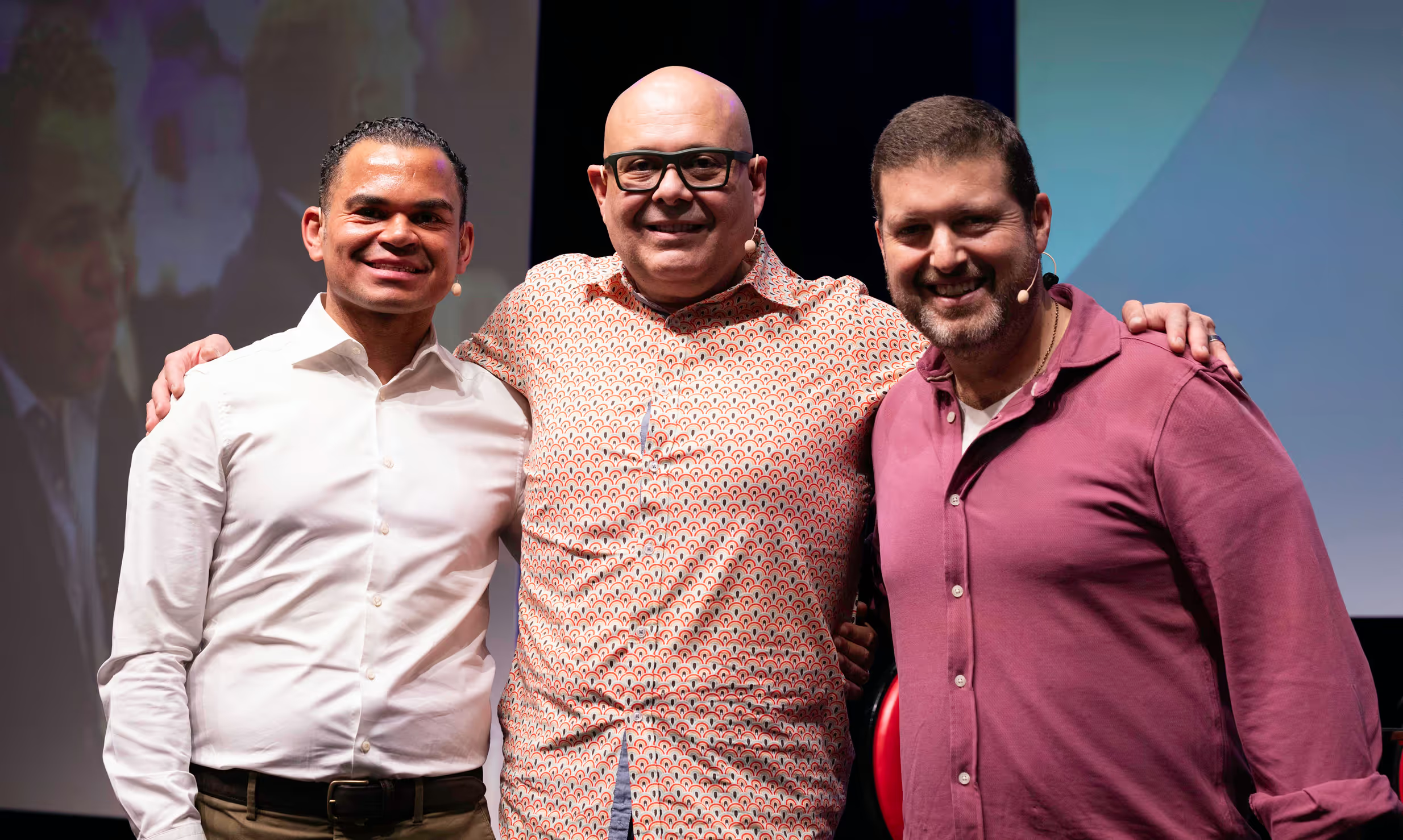AI made actionable.
Strategy made real.
Empowering people and organizations to reimagine what’s possible through AI-powered innovation.

Your AI re-invention partner
Learn why less than 10% of organizations have achieved meaningful financial impact from AI. And how BTS can help your organization find success.
What's trending

lorem ipsum

lorem ipsum

lorem ipsum

lorem ipsum
Experiential change tailored to you
Practical & people centric
We operate at the intersection of strategy consulting and people development, combining deep understanding of your strategy and performance with our ability to create transformative experiences.
Simulation & experiential learning
For over 30 years, we’ve used business simulations to help people learn by doing. Our simulations, AI practice bots, and workshops drop your teams into real-world challenges where they can take risks, make calls, and see what works. It’s fast, fun, and designed to stick.
Turning Strategy into action
We help people connect to your strategy in practical, everyday ways, so it’s not just understood, it’s lived. The result: better alignment, stronger performance, and real momentum.
AI activation
We make AI work for your business, from the c-suite to the frontline. From setting the right foundations and building trust and confidence, to helping teams use AI daily and innovate continuously.
Mindset & behavior change
Change happens through people. We help you develop change-ready leaders who model the mindsets and behaviors that multiply impact across teams and accelerate execution.
Global reach, local know-how
With teams in 25+ countries, we bring fresh perspectives and deep local insight. Wherever you are, we meet you there.
Our Services

Strategy execution & business transformation
BTS equips and enables your leaders to drive the transformational change needed to bring your strategy to life and deliver incredible results at scale.

Leader readiness & development
BTS has the innovative tools and frameworks needed to help leaders practice and understand how to embrace change, take smart risks, meet employees where they are, and unlock the full potential of their teams.

Go to market
Your sales, marketing, product, and service teams face multiple challenges and fragmented markets. BTS can help you connect and engage with your customers, accelerate customer decision-making and drive better business results.

Talent acquisition & succession
Real-world experiences drive real-world results. We believe context matters. Our a are about leading your business, not any business, and mirror the dynamics of your business and culture.
Up your practice game with Conversation Practice Bots from BTS Verity
Whether in a sales or leadership situation, realistic role-play simulations powered by AI to build confidence, refine skills, and drive measurable performance improvements
.avif)




BTS offices around the globe
The global BTS team of business-centric and fun experts look forward to working with you to execute your strategy.
Our footprint makes it possible to scale our programs and work with you anywhere across the globe, assembling the perfect team to partner with you.
Interested in joining the BTS team?
BTS is working to modernize business culture around the globe. We’re looking for creative, courageous, and empathetic individuals who want to help individuals and teams find a greater purpose in their work. We love what we do, and we think you would too.


